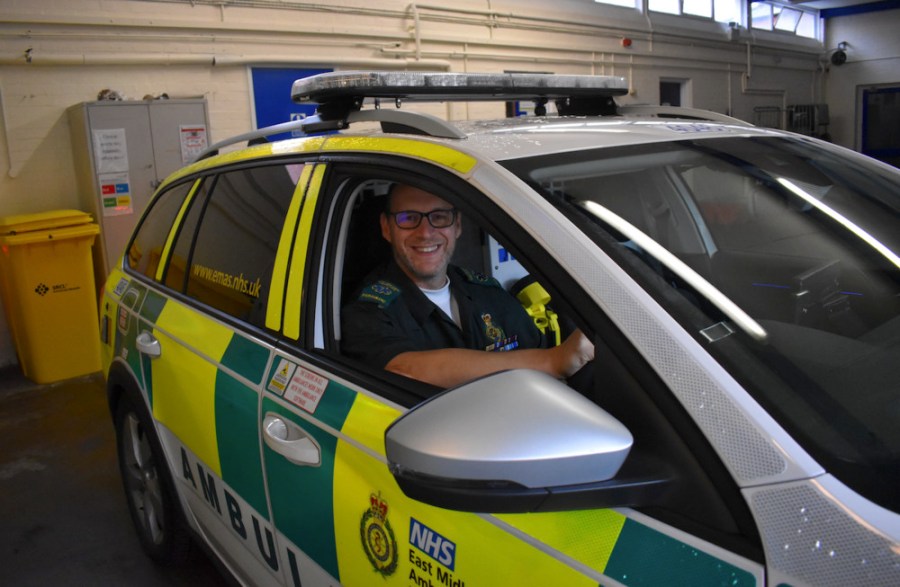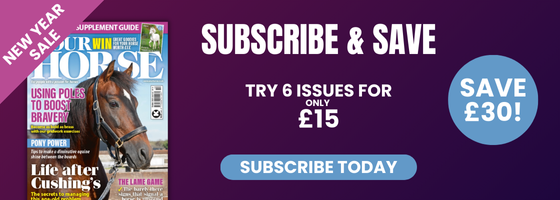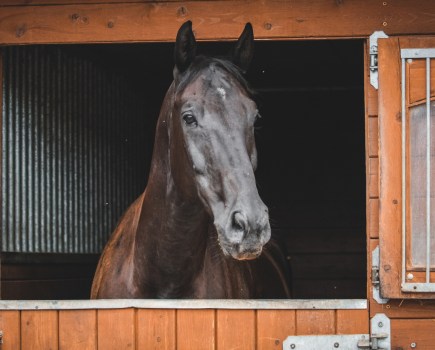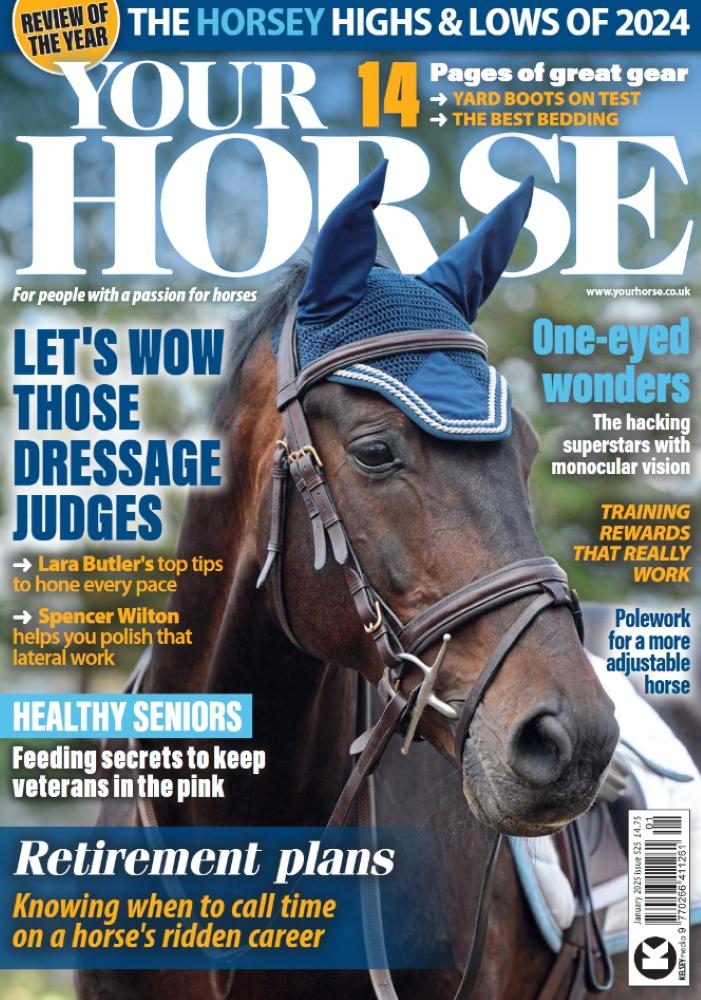Colin Maddams is a paramedic with East Midlands Ambulance Service and finds that his Irish cob mare is the perfect foil to a taxing shift spent dealing with medical emergencies in rural Rutland.
As told to Julie Harding
“I’ve attended seven suicides in three weeks — far more than usual and a sad barometer of how the situation is affecting some people”
“What people haven’t seen during the pandemic is the pre-hospital battle. I work solo in a fast response vehicle out of Oakham Ambulance Station and I often find myself wrestling to keep a person alive for long enough for back-up to arrive.
When I wheel them out of their home and let their loved one kiss them goodbye, I understand that it may be the last time they do so. So yes, it’s a bit difficult at the moment.
I’m dealing with more cases of palliative care — easing someone’s suffering at the end of their life — because the hospitals are so stretched. But it’s always an honour to spend the last moments with a person who doesn’t have much time remaining, to hold their hand.
What we say matters, what we do matters, and some we can save and some we can’t, but I will always try my best. I’m seeing a lot more loneliness in day-to-day life.
An elderly couple, for example, where one of them is dying, and their family can’t visit because they are isolating.
I’ve attended seven suicides in three weeks — far more than usual and a sad barometer of how the situation is affecting some people.
We’ve got through tonnes of hand gel since last March, and we have to don protective suits before administering CPR; we have no way of knowing whether or not the patient is Covid positive.
I’ve seen a big rise in the 25-50 age group requiring hospitalisation, too, as well as a large increase in waiting times to get ‘amber’ patients (ones without life-threatening issues) into hospital — they are just so full.
What makes me angry is walking into a house that is full of people, most of whom don’t usually live there — such blatant rule breaking.
‘I was attacked at work and almost strangled’
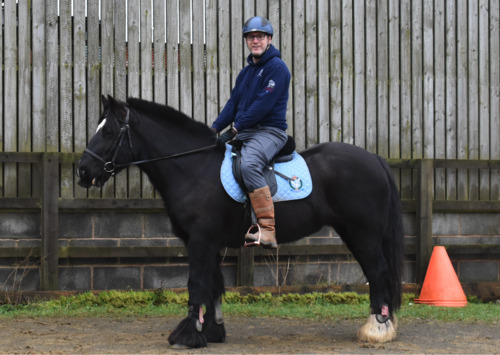
Colin started riding after the stress of nearly being strangled while working
Even pre-pandemic, I never knew what a day would bring. I may have headed to a road traffic accident, a fallen rider, a crashed glider pilot, or an elderly lady who’d set off her panic button by mistake.
Because of my role’s stresses, I take any chance to be in the field and look at one of Mother Nature’s most beautiful creations — my 12-year-old Irish cob, Princess.
It all started when I was attacked at work and almost strangled. I was shaken up and off work, and so I had lots of riding lessons.
Princess came along not long afterwards. We’ve done unaffiliated cross-country and showjumping, and she’s brilliant at archery. She doesn’t turn a hair when an arrow sails past her ears!
People notice that we have a connection and it’s a true blessing that we found each other.
She’s at a yard between my house and the ambulance station, so if I’ve had a bad day I’ll pop in to see her before heading home.
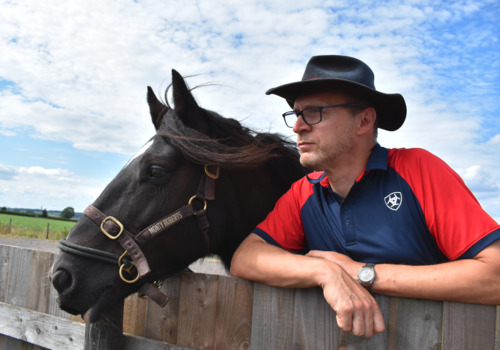
Being with Princess is Colin’s happy place
I was in the army before I became a paramedic, and I did tours to the two Gulf Wars, to Northern Ireland and to Bosnia. I returned to Civvy Street with plenty of baggage and I wish I had discovered horses back then. I can’t explain how therapeutic they are.
One of our greatest achievements was a few years ago, when we went on a Kelly Marks’ Intelligent Horsemanship course. Afterwards I could jump on foot and Princess would follow me over — no lead rein required.
Princess is quiet, friendly — she’ll come tanking up the field when I call — and sulky. If work has kept me away from the yard for a while, she’ll show her displeasure by ignoring me. It takes her 24 hours to come round.
I’m in my happy place when I’m with her. If I ever contemplate my saddest day, it would be hanging up Princess’ bridle.”

